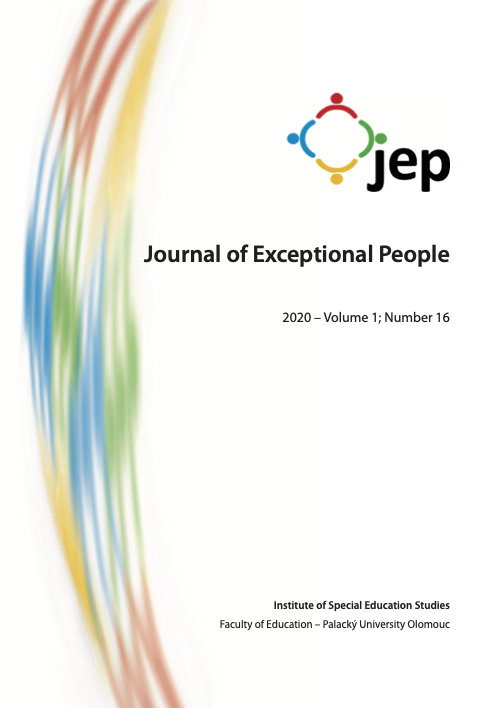Humour in dramatherapy in addicted persons
Humour in dramatherapy in addicted persons
Author(s): Jakub Vávra, Milan Valenta, Tomáš Lakota, Magdalena ŠochmanováSubject(s): Anthropology, Education, Sociology, Inclusive Education / Inclusion
Published by: Univerzita Palackého v Olomouci
Keywords: psychotherapy; humour; dramatherapy; group; addictive behavior
Summary/Abstract: The research focuses on the description of humour and its effect on drama- therapy intervention in people with addiction. In a short research, we used the so-called “sculpture” as one of the sources for obtaining data, where clients depicted selected the- matic areas using their own bodies and subsequently verbally described their meaning. Another method used was a questionnaire survey with open questions, when clients answered thematic areas that arose from sculpture and last but not least it was field observation of dramatherapists. This compares body-based data and subsequently ver- balises the attitudes and ideas of clients in conjunction with dramatherapist observa- tions. Dramatherapy as a discipline uses for its work means such as play, role play, improvisation and more. These means, and especially improvisation, offer a number of situations and stimuli where humour is revealed and applied. The topic of humour arises in almost every dramatherapy intervention and works in different dimensions to the process. As it turns out, humour works on multiple levels, for example as an encouraging humour that helps build a therapeutic relationship, but also on opposite levels, serving as an escape from the topic the client is currently working on. It was the exploration of these levels of humour in dramatherapy intervention that was a central theme of the research study.
Journal: Journal of Exceptional People
- Issue Year: 1/2020
- Issue No: 16
- Page Range: 79-89
- Page Count: 11
- Language: English

